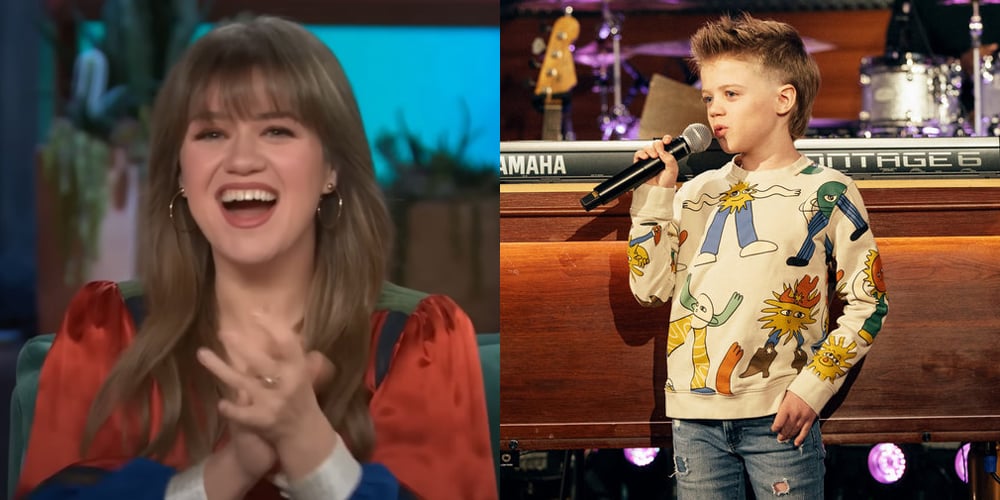ARTICLE AD
The Dinard film festival (2-6 October), traditionally a celebration of all things British, brought its 35th iteration to the seaside city’s screens with a soft relaunch this year, after retitling itself to include Irish films and co-productions. The result was suitably eclectic, with just six films competing for the Hitchcock d’Or, which was voted on by an eight-strong jury of actors and directors. Including The Quiet Girl director Colm Bairéad and House of the Dragon star Phoebe Campbell, the judging panel was headed up by French actress-director-model-singer Arielle Dombasle, a favorite of Claude Lelouch, Éric Rohmer and Alain Robbe-Grillet but more recently seen this summer singing her song “Olympics” to herald the arrival of the Olympic torch in Paris, ahead of the recent games.
Opening with Alice Lowe’s horror-comedy Timestalker and ending with Matt Brown’s psychological drama Freud’s Last Session, the festival — curated by Dominique Green in her fourth year as Artistic Director — offered a vivid snapshot of the current British movie landscape, while at the same time honoring its past with documentaries paying tribute to Powell and Pressburger and Merchant Ivory. There was also a healthy level of diversity, with female-directed films such as Baltimore, Twig and Reawakening (starring VIP guest Juliet Stevenson) alongside gay and trans-friendly titles such as Unicorns and Sebastian. There was even a dash of interactivity, with audiences at Paul Raschid’s thriller Hello Stranger dictating the course of the film with glowsticks.
The six films in competition ran the full gamut of indie possibilities, comprising September Says (Ariane Labed); That They May Face The Rising Sun (Pat Collins); The Convert (Lee Tamahori); Unicorns (Sally El Hosaini and James Krishna Floyd); Bring Them Down (Christopher Andrews); and Poison (Desirée Nosbusch). Labed’s film, a tale of two mysterious sisters with a surprising secret, took the main prize, but Unicorns proved a popular choice all-round, as did Best Performer winner Lalor Roddy, whose speech compared the city (very favorably) with an especially fine bottle of stout.
The Unicorns team were especially emotional. Taking to the stage for a second time, once again with his charismatic star Jason Patel, co-director Floyd ruminated on the film’s appeal. “One thing I would say is that I think, if this film is for anyone, it’s for all the queer South Asians all over the world,” he said. “I had an amazing time in the gaysian scene when I was younger, but I’ve now got to know people who have been living that life — which is a very hard life — their entire life. We live in a world that divides us, and, right now, we are all going too deep into our own tribes. The truth is that we are all one tribe, and we all experience the same array of emotions — just in a different context.”
JURY PRIZES
Hitchcock d’Or Ciné+ OCS for Best film
September Says by Ariane Labed
Hitchcock for Best Performance
Lalor Roddy in That They May Face The Rising Sun by Pat Collins
Special Jury Prize
Unicorns by Sally El Hosaini and James Krishna Floyd
AUDIENCE AWARDS
Public Prize Hitchcock, Feature Film
Unicorns by Sally El Hosaini and James Krishna Floyd
Public Prize Hitchcock, Best Short
Legacy by Harry Hadden-Paton
OTHER AWARDS
“Talent of Tomorrow” Prize
Paul & Paulette Take a Bath by Jethro Massey

.png) 1 month ago
14
1 month ago
14 

